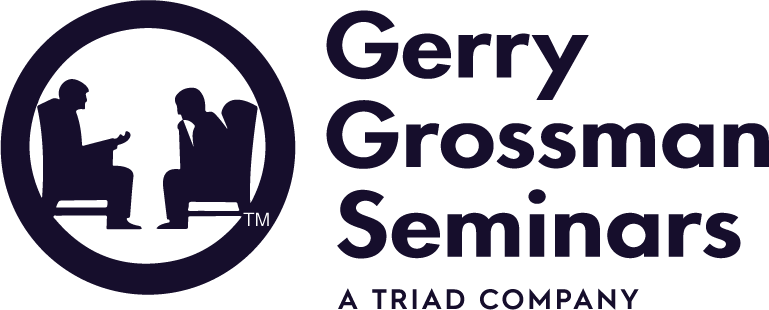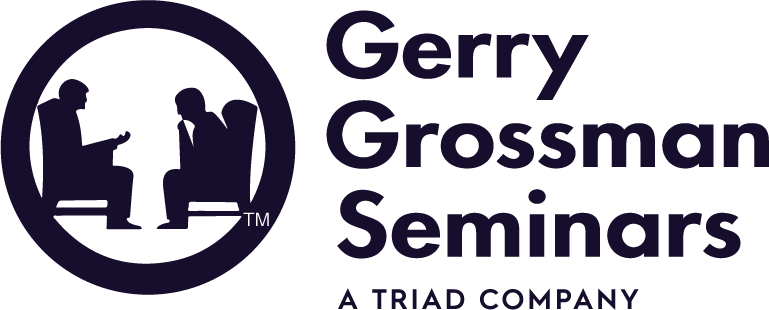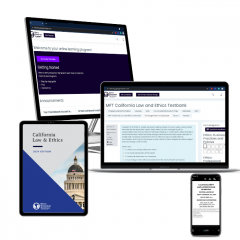Veterans and PTSD - Live Online (3 CE)
Course Level: Beginners
This Course Is For: LMFTs, Social Workers, Counselors
Course Format: This is a live, interactive online course taught by an instructor via Zoom. Participants are required to attend the live online workshop, participate in group discussion, and complete the course evaluation before earning the certificate of attendance.
Content By: Gerry Grossman, M.A., LMFT
Content Reviewed By: Jennifer Kolb, LCSW
Bio: Jennifer Kolb, LCSW; Social Work Consultant, reviewed and determined the course meets requirements for continuing education in the field of social work. This course is appropriate for masters and clinical level social workers. Jennifer graduated with a Master’s degree in Social Work with a specialization in Marriage and Family Therapy from the University of Louisville, Kentucky. She specializes in school-based psychotherapy with children and adolescents, as well as licensing exam coaching and preparation.
Course Description: Iraq and Afghanistan military veterans are at high risk for PTSD and a host of serious co-occurring issues such as substance abuse, depression, domestic violence, and suicide. This presentation utilizes resources from the National Center for Posttraumatic Stress Disorder and the U.S. Department of Veteran Affairs to help therapists better understand and assess for the mental health impact caused by combat-related PTSD and vicarious trauma. Information learned from Vietnam-era veterans with chronic PTSD will be included to enhance the learning experience. Special attention will be given to the impact of sexual harassment and abuse of women in the military. Treatment methods that focus on helping veterans process their traumatic experiences and cope with a range of other trauma-related symptoms are presented.
Learning Objectives:
- List the DSM-5-TR criterion for Posttraumatic Stress Disorder (PTSD).
- Describe the relationship between PTSD, traumatic brain injury, and comorbid mental health disorders.
- Summarize the features of individual and group PTSD treatment planning, intervention, and symptom management.
- Give examples of personal and social difficulties veterans with PTSD might face.
Course Completion Requirements:
Attendees must be present for the duration of the training as evidenced by the attendance report generated by Zoom, as well as complete the course evaluation to receive a certificate of credit.
Evaluation:
The course evaluation is accessible in your student account. After completing the training, log into your GGS student account to complete the course evaluation.
How certificate is issued:
Upon verification of attendance and completion of the course evaluation, each participant will be able to access a personal CE certificate of attendance in their student account.
| Asset Includes | Workshops |
|---|







